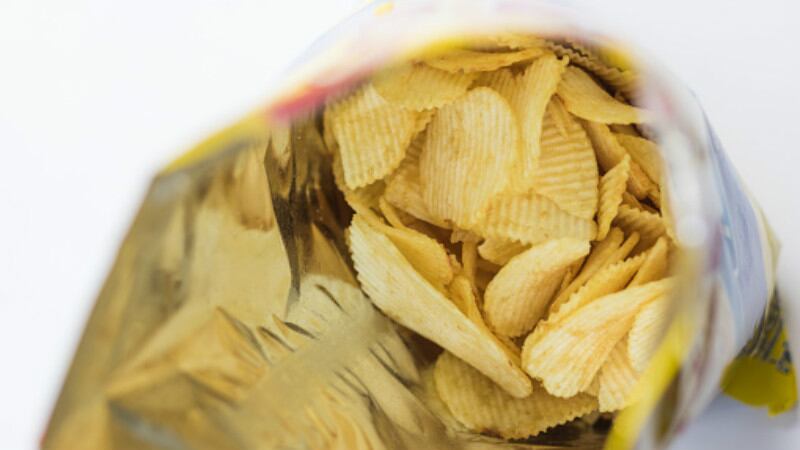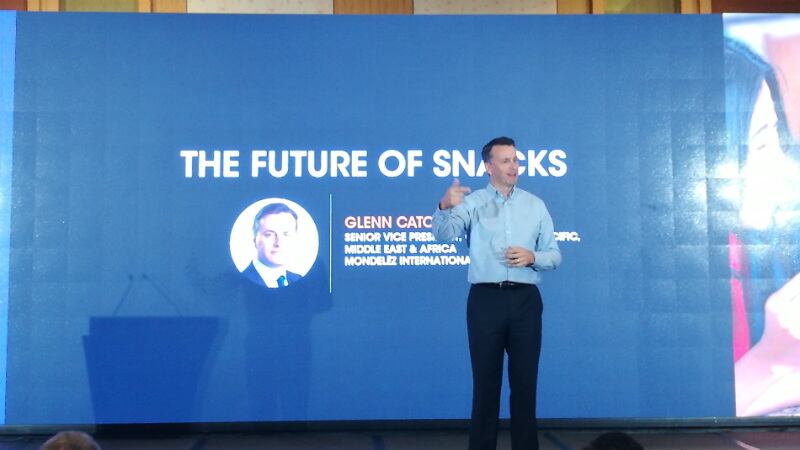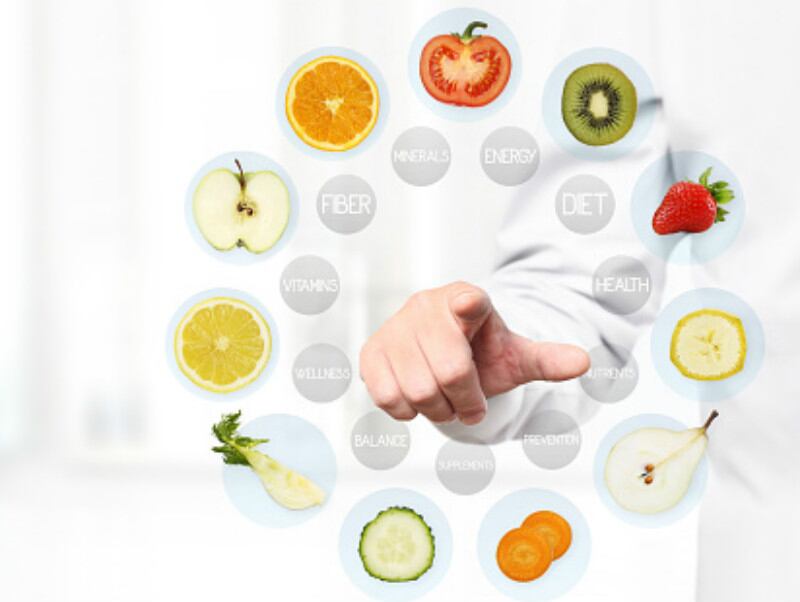In an official press release, the Singapore Ministry of Health (MOH) announced the confirmation of a ban on PHOs ‘as an ingredient in all foods, including fats, oils, and pre-packaged foods sold in Singapore, whether manufactured locally or imported’.
The proposal of the ban was made earlier this year in March, and it will be enforced come June 2021.
“[This timeframe is] to allow the industry time to reformulate their products or find new product sources,” said MOH.
“From June 2021, food manufacturers are required to ensure that PHOs are not used in their manufacturing process, while retailers and importers are required to ensure that their range of products does not include PHO as an ingredient.”
“All food manufacturers, retailers and importers will continue to be mandated to list the ingredients on the packaging of their products sold in Singapore.”
According to The Straits Times, Senior Parliamentary Secretary for Health and Home Affairs Amrin Amin said that the move was ‘part of an ongoing initiative to encourage healthier eating among Singaporeans and to improve the quality of Singaporeans’ diets’.
“We do not expect any price increases for consumers as there are enough alternatives to PHOs readily available,” he added.
Six food companies and retailers have already stepped up to the plate by pledging a commitment to ensure all of their products are PHO-free by June 2020, a year before the date of enforcement.
The six companies are: Gardenia Foods, Nestle Singapore, NTUC Fairprice, Sheng Siong Group, Sunshine Bakeries and Prime Supermarket.
“The six pledgers account for 50% of the market share across the four high-risk food categories of snacks, baked goods, prepared meals and fat spreads,” said MOH.
A Nestle Singapore spokeswoman told FoodNavigator-Asia that: “Nestle Singapore is proud to be part of the pledge against PHO.”
“[Currently], 98.6% of Nestle's product portfolio in Singapore is already PHO-free, [and] by end 2019, 100% of Nestle's product portfolio in Singapore will be PHO-free.”
No pricing changes are expected as a result of this PHO removal.
Trade body Food Industry Asia (FIA) Policy Director Steven Bartholomeusz told us that many food manufacturers in Singapore had already been carrying out extensive efforts to reduce or remove trans fats from their products to date.
“A 2018 study on product reformulation in Singapore carried out by IGD identified that over 80% of companies had begun to reformulate their products – some for many years,” he said.
“In addition to reducing sugar and salt/sodium, the reduction of trans-fats was identified as one of industry’s key priorities.”
According to Ministry of Health data, less than 10% of food products in the market currently contain PHOs.
Current trans fats regulations
PHOs are artificial trans fats, which are known to be the key source of trans fat in human diets. It is commonly found in oils, fats and pre-packaged products and associated with increased cardiovascular disease risk.
At present, Singapore has implemented a 2% limit on the amount of trans fats in fats and oils sold locally, which MOH said ‘has helped to reduce the average daily trans fat intake among Singaporeans from 2.1g in 2010 to 1.0g in 2018’.
This limit was enforced back in 2013, as did the mandatory labelling of trans fat content and PHO presence on the food product packaging.
The new regulations are likely to mostly impact imported products manufactured overseas, which the previous regulations did not cover.
Trans fats ban elsewhere
Thailand also implemented a ban on artificial trans fats earlier in January this year, which was well-received by the local food industry.
PepsiCo Thailand (manufacturer of Lay’s potato chips, one of the top potato chip brands in the country) told FoodNavigator-Asia then that it was already practising no trans fats in production, hence no negative impacts were expected. “
Pepsi-Cola (Thai) Trading Company Limited, the producer and distributor of PepsiCo’s snack products in Thailand, confirms that all of its snack products produced in Thailand […] are not fried or baked using Partially Hydrogenated Oils (which contain trans fats),” said a PepsiCo spokeswoman.
“[This includes our] Lay’s potato chips, and all extruded snacks namely Tawan, Sunbites, Twisties and Cheetos.”





